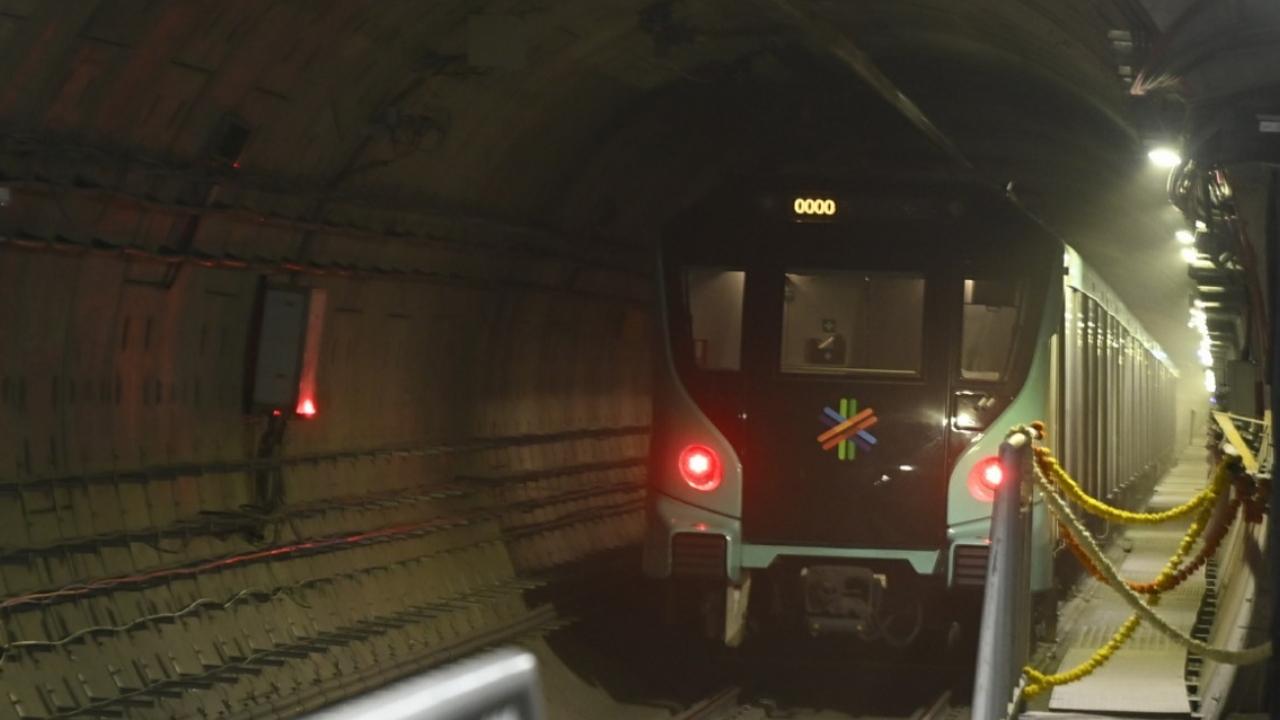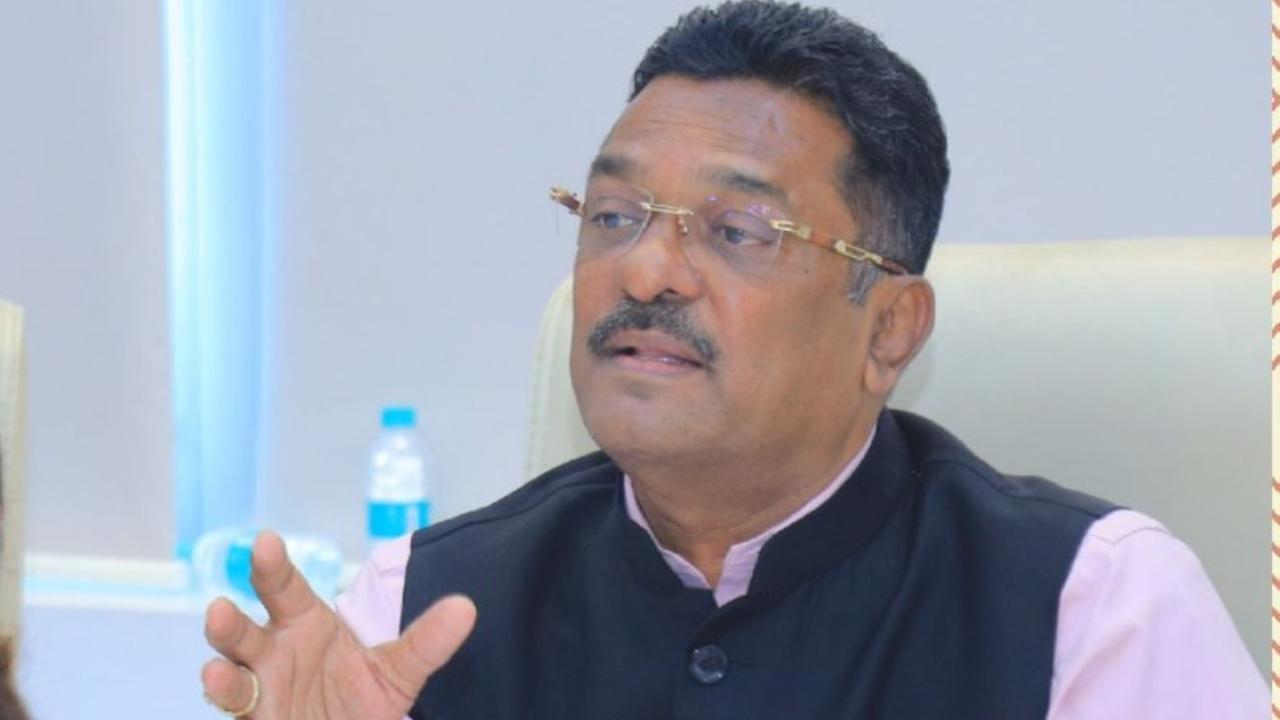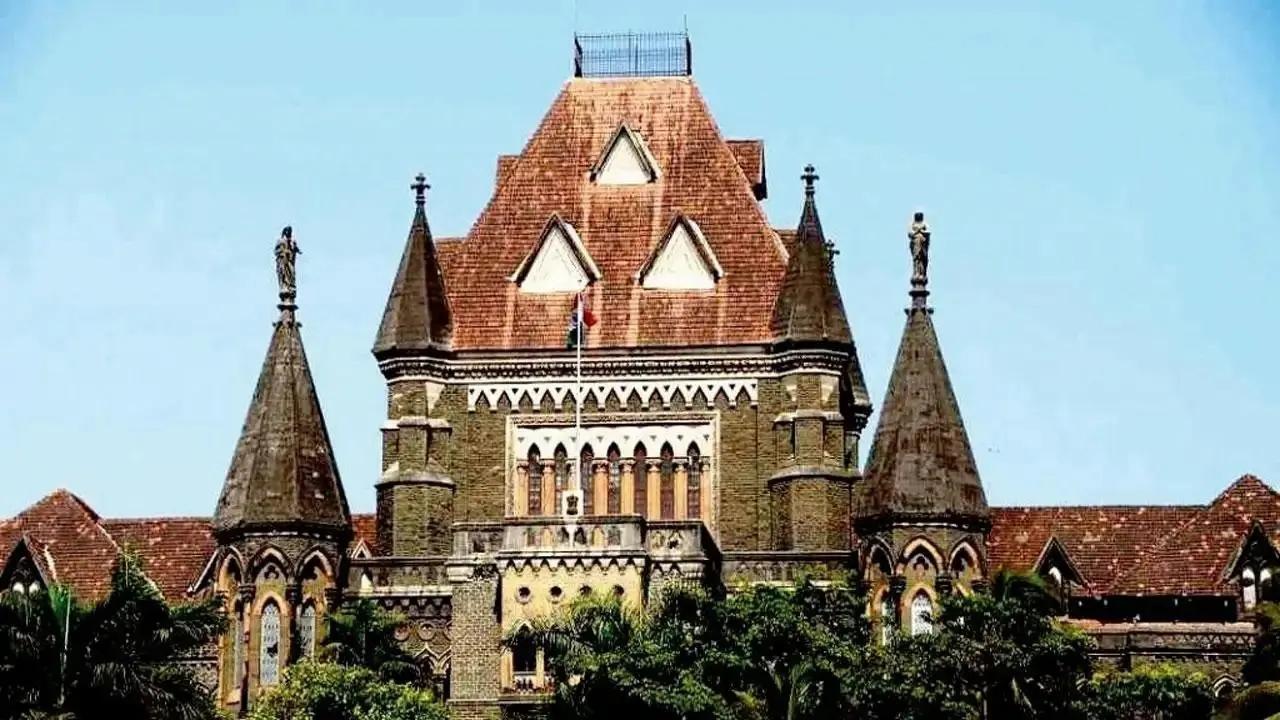Maharashtra is in the final stages of shifting school scholarships back to Std IV and Std VII, instead of Std V and Std VIII, starting from the upcoming academic year. Alongside this change, the Ministry of School Education plans to increase the number of scholarships beyond the current 16,000. The ministry is working in coordination with the Ministry of Tribal Affairs, the Ministry of Social Justice, and the Ministry of Other Backward Classes, though further details are awaited.
In 2016, the scholarships originally meant for Std IV and Std VII were moved to Std V and Std VIII. However, the decision faced strong opposition, and the ministry is now working to reinstate the original structure. This year, the scholarship exams were conducted for students in Std IV, V, VII and VIII, to ensure that no student missed out on the opportunity.
“The scholarship is awarded to students on the basis of merit. However, due to funding limits, the number of awardees is capped at 16,000. We are trying to change these limitations by working with other departments to ensure more students can benefit from this opportunity,” said Dadaji Bhuse, the Minister of School Education in Maharashtra, while speaking to the media.
The minister also highlighted the ‘Aadarsh Shaala’ initiative, under which the state aims to improve nearly 5000 schools by ensuring facilities such as clean drinking water, toilets, functional labs, and libraries. In the first phase, 1500 schools will be targeted. The state is also considering additional incentives, such as providing bicycles to female students above Std VII and introducing ‘pink rooms’ or ‘saheli rooms’ for menstrual hygiene management in schools with female students from Std VIII onwards.
Additionally, the ministry plans to introduce a uniform colour scheme for Zilla Parishad, Municipal Corporation, and Municipal schools. It also aims to focus on constructing compound walls, repairing dilapidated classrooms, building kitchens in schools, adding libraries to schools with more than 200 students, and arranging educational visits for ZP students to neighbouring factories, farms, and other practical learning spaces.











